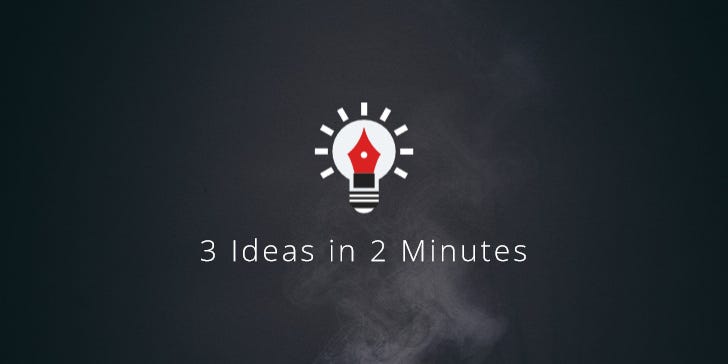#139: Veil of Ignorance, Opinion Pageant & Mindreading
3 Ideas in 2 Minutes on Thoughts and Actions
Amazing news! The Mind Collection has surpassed 50,000 views per month and we’re fast approaching 3,000 subscribers. Thanks to all for reading, liking, sharing, subscribing and supporting my work! :)
I. Veil of Ignorance
Imagine you had to establish a fair and just society. What basic liberties, political and economic system would you install? How would you manage the limited resources to the benefit of all in society? And how would you make those choices? Probably based on your current status in society.
The Veil of Ignorance, also known as Original Position, is a thought experiment that attempts to counter that tendency. You’re now asked to pretend you didn’t know what ethnic group you’d belong to or what religion and social status you’d have in the society you create. The concept was popularised by philosopher John Rawls. He thought this approach would lead to fairer and more just societies.
But does feigning ignorance work? Bringing your own values to the table seems inevitable. Say my ideology makes me despise the rich. This value will influence what I value. I could still comfortably create a society in which I potentially lose all my wealth through forced redistribution. Because I’d be convinced I deserve it if I ended up in the 1%.
II. Opinion Pageant
The Opinion Pageant is a term coined by writer Gurwinder Bhogal. He attests to society a growing need to have opinions, no matter how unsophisticated. This was due to the rise of social media.
Since people are now defined chiefly by their opinions, there’s not just pressure to have an opinion, there’s pressure to have the best opinion — the smartest, most sophisticated, most high-status. Digital society has become a beauty contest for beliefs, an opinion pageant.
As a result, society values cheap talk over meaningful actions.
III. Mindreading
Can thoughts be reverse-engineered through actions? According to Edgar Allan Poe, this kind of mindreading is not as impossible as it seems:
When I wish to find out how wise, or how stupid, or how good, or how wicked is any one, or what are his thoughts at the moment, I fashion the expression of my face, as accurately as possible, in accordance with the expression of his, and then wait to see what thought or sentiments arise in my mind or heart, as if to match or correspond with the expression.
—Edgar Allan Poe, The Purloined Letter
🐘
Have a great week,
Chris
themindcollection.com

